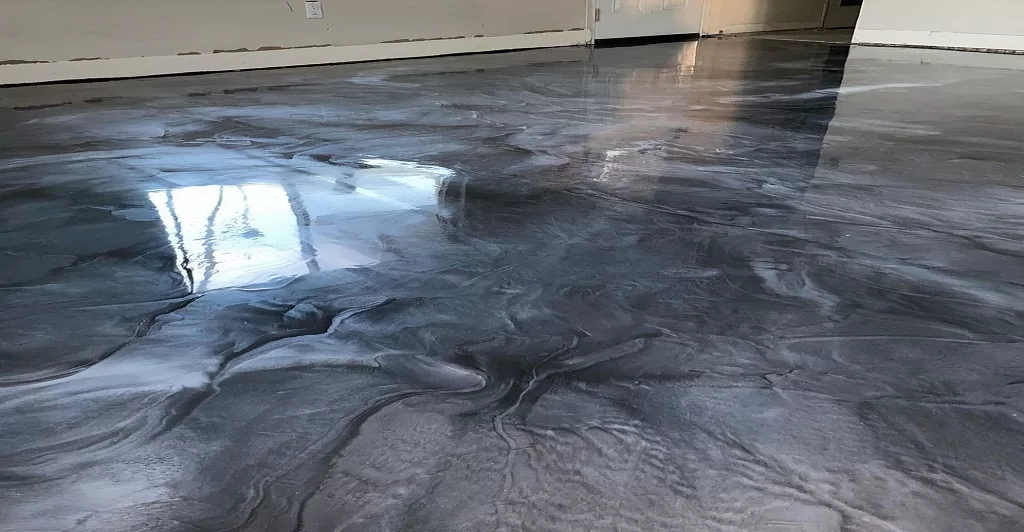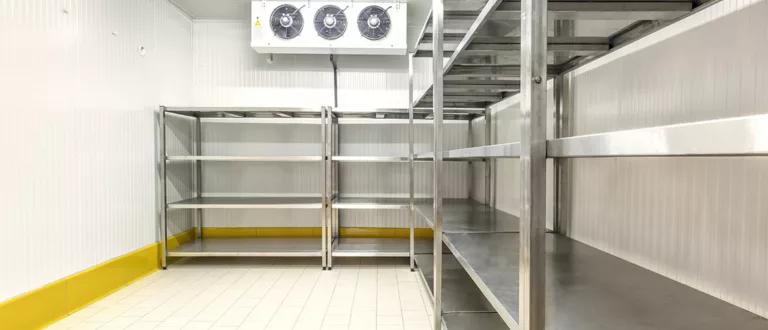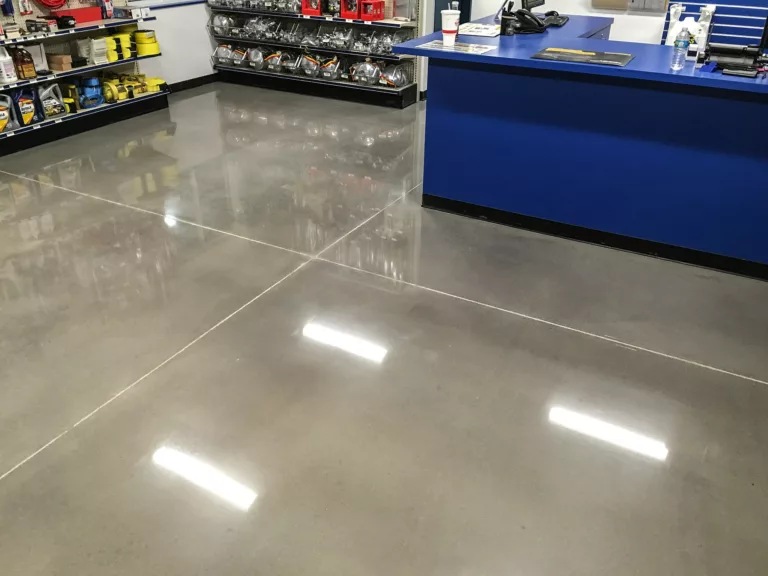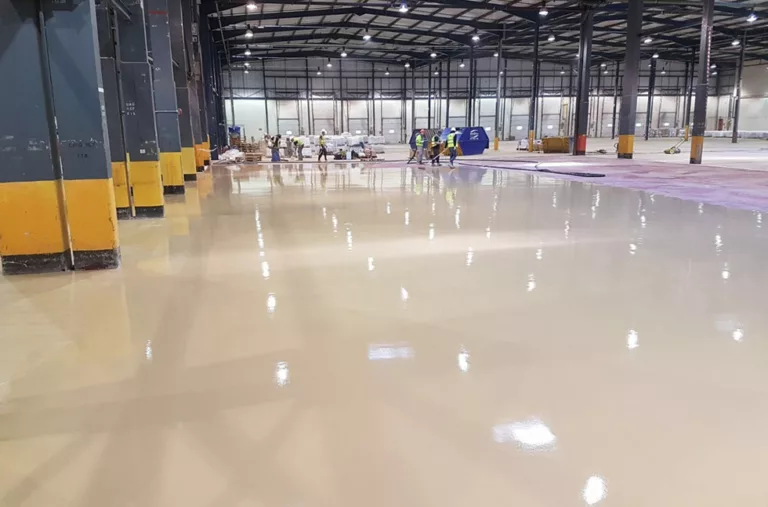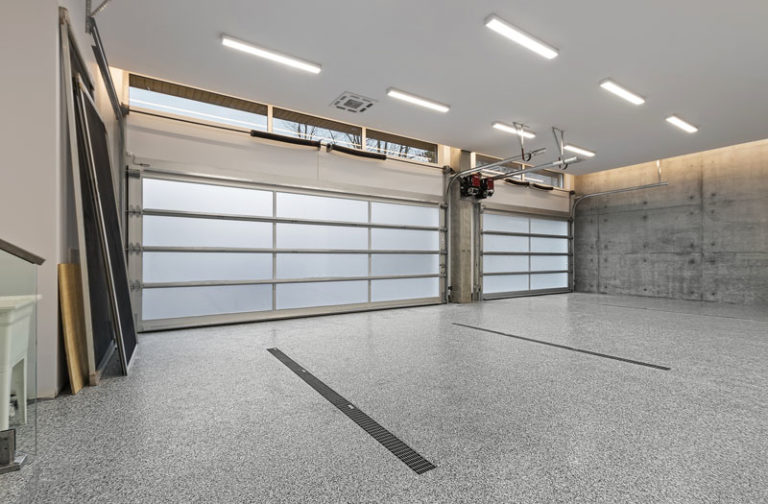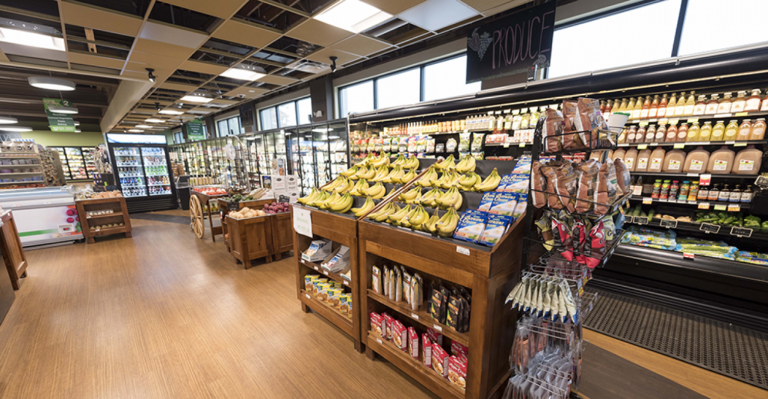Epoxy flooring is a popular choice for commercial and industrial flooring due to its durability, low maintenance, and resistance to chemicals and stains. In this article, we’ll explore the benefits of epoxy flooring, the installation process, and some common uses.
Benefits of Epoxy Flooring:
- Durability – Epoxy flooring is highly durable and can withstand heavy traffic and use. This makes it an ideal choice for commercial and industrial flooring.
- Low Maintenance – Epoxy flooring is easy to clean and requires very little maintenance. It can be easily cleaned with a mop or a floor scrubber.
- Chemical and Stain Resistance – Epoxy flooring is highly resistant to chemicals and stains, making it an ideal choice for industrial and commercial facilities where spills are common.
- Slip Resistance – Epoxy flooring can be designed to have a non-slip surface, making it safe for workers and visitors.
- Aesthetics – Epoxy flooring can be customized to meet specific design requirements. It can be made to look like marble, granite, or other natural materials, and can be tinted in a variety of colors.
Installation Process:
The installation process for epoxy flooring typically involves the following steps:
- Preparation – The concrete floor is cleaned and prepared for application. This involves removing any dirt, debris, or stains that may be present.
- Priming – A primer is applied to the floor to promote adhesion between the epoxy and the concrete.
- Mixing – The resin and hardener are mixed together according to the manufacturer’s instructions.
- Application – The epoxy is applied to the floor using a roller or a squeegee. The first coat is allowed to dry before a second coat is applied. In some cases, a third coat may be necessary.
- Curing – The epoxy must be allowed to cure for a specified amount of time before it can be used. This can range from 24 hours to several days, depending on the type of epoxy and the temperature and humidity of the environment.
Common Uses of Epoxy Flooring:
- Warehouses – Epoxy flooring is a popular choice for warehouses due to its durability and resistance to heavy machinery and foot traffic.
- Hospitals and Laboratories – Epoxy flooring is ideal for hospitals and laboratories due to its resistance to chemicals and easy maintenance.
- Retail Spaces – Epoxy flake flooring is a popular choice for retail spaces due to its decorative appearance and resistance to stains.
- Garages – Epoxy flooring is a popular choice for garages due to its durability and resistance to oil and other automotive fluids.
Conclusion:
Epoxy flooring is a durable and low-maintenance flooring option that is ideal for commercial and industrial spaces. Its resistance to chemicals and stains, along with its customizable appearance, make it a popular choice for a variety of applications. If you’re considering epoxy flooring for your space, be sure to consult with a professional installer to ensure a proper installation and long-lasting results.

